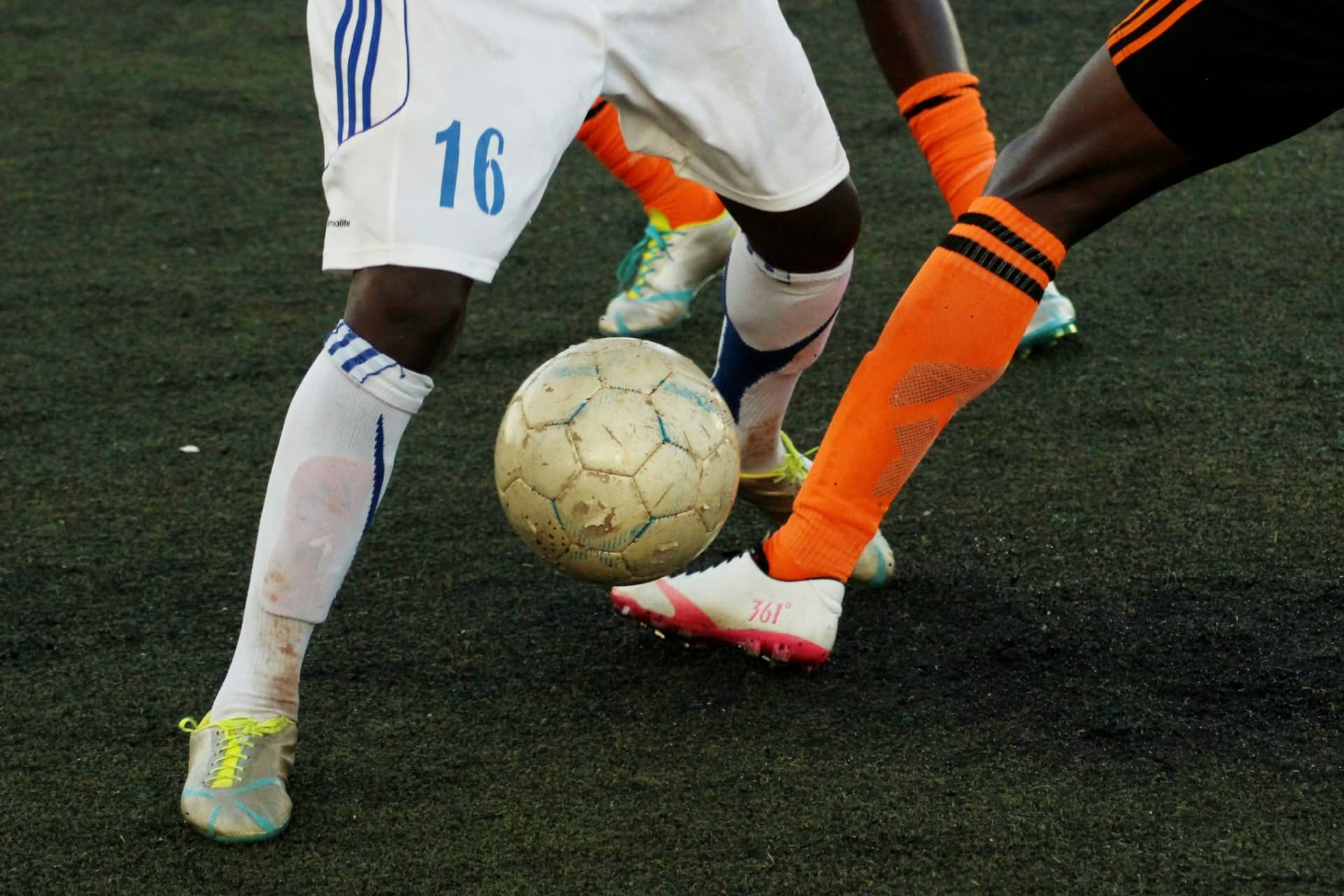
Dr Leon Moosavi considers how football’s history and current challenges highlight the importance of inclusion and equality in the game.
The following article was featured in Stockport County Football Club’s matchday programme for their game against Cardiff City on Saturday 13th September 2025.
I was there on the day when Stockport County beat Manchester City 4-1 at Edgley Park. The result was surprising given that Manchester City had Haaland and a Ballon d’Or winner on the pitch. It was a devastating loss for Manchester City. A football journalist from The Guardian even went as far as concluding that “City look set for another Premiership season of struggle”.
You may be wondering when this game happened. Well, it was Jim Gannon’s testimonial game in August 2000. Alf-Inge Haaland, now better known as the father of Erling Haaland, had a terrible game and was subbed off in the first half. Manchester City gave a debut to George Weah, the only African to win the Ballon d’Or and someone more used to playing at the Parc des Princes and the San Siro than in front of the Railway End.
George Weah has been back in the news this week. Along with Drogba, Adebayor, and others, he has been appointed to a FIFA advisory panel who will help tackle racism in football. Whilst some fans may not be aware of the presence and impact of racism in football, for other fans, its presence can be distressing and even prevent them from attending matches.
In the 1980s and 1990s, racism at football matches was openly expressed. Racist language was normalised and bananas were thrown at black players. It was not uncommon for opposition players to make racist remarks to black players. On occasion, black players even had to endure racism from their own teammates.
Times have changed. Racism is now routinely condemned by all sensible voices. Footballing authorities, football clubs, and prominent players insist that football is a game which everyone should be able to enjoy, and which can unite us. Stockport County FC is no exception and have been a role model for showing how football clubs can nurture an inclusive community.
So, yes, times change. Manchester City start winning things and racism retreats. But legacies remain and cycles come around again. Manchester City are looking like they might have ‘another Premiership season of [relative] struggle’ and racism surfaces to remind us that more work needs to be done.
At the start of the season, Antoine Semenyo reported being racially abused whilst playing for Bournemouth at Anfield. A fan was arrested and banned from attending football games whilst police investigations into a possible hate crime continue. Within League One, just last month, two alleged racist incidents resulted in Luton Town fans being arrested during their team’s match against Bradford City.
Social media has also opened up a can of worms. Jess Carter, who won the Euros this summer with England’s Lionesses, recently spoke out about the intensity of the racist hostility she suffered during the tournament. So, clearly, racism remains within and beyond stadiums even if it’s not as in-your-face as it once was. This is why I am honoured to work with County Collective in their mission to ensure that Stockport County is a club where everyone is welcomed and valued.
Dr Leon Moosavi is a Senior Lecturer in the Department of Sociology, Social Policy and Criminology at the University of Liverpool. He is currently writing a book about Muslim football fans in England, and what their experiences of football fandom tell us about identity, belonging, and marginalisation in contemporary societies. He has been a member of Stockport County Football Club’s EDI working group since 2024.